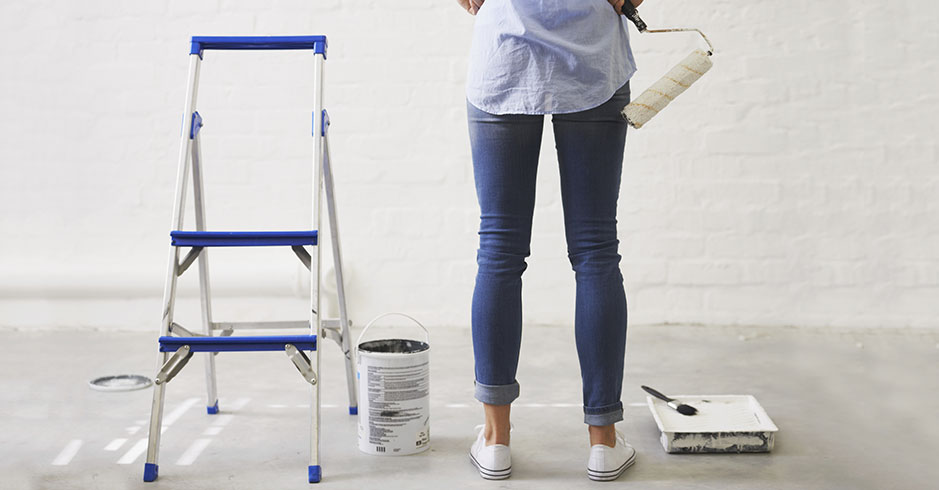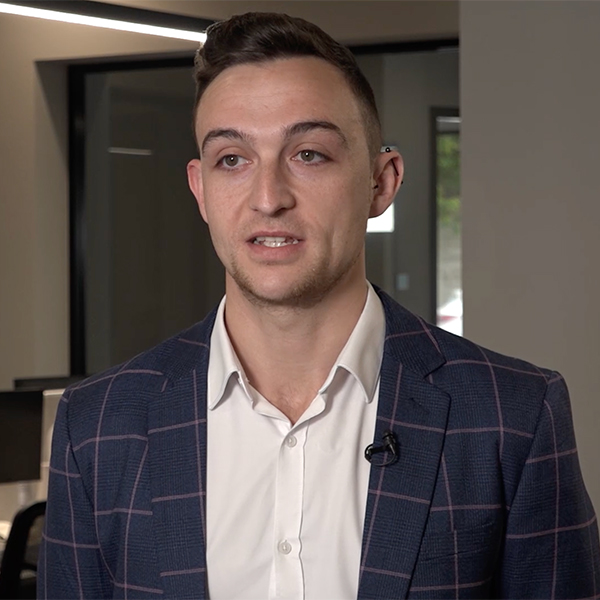Not all first-time landlords realise that rental properties, whether old or new, require regular maintenance…

Maintenance Matters – Why Routine Inspections and Repairs must be Prioritised
By Sarah Barton, Terri Scheer Distribution Channel Manager
Staying on top of regular maintenance is prudent advice for any homeowner, yet for landlords, it is even more critical given the high stakes.
Similar to a regular health check-up, a home maintenance schedule helps property owners to identify issues and implement preventative measures that may reduce the risk of suffering major damage down the track.
When renting out a home, landlords have restrictions on when they can enter the property and may face a greater risk of significant damage or multiple maintenance issues going unnoticed until the next periodic inspection falls due.
It is important to have oversight of a rental’s condition so that maintenance or damage issues can be dealt with straight away and avoid any shock at the end of a lease.
This is one of the foundations for a positive landlord-tenant relationship.
Keeping a rental property maintained will also help to attract good tenants when letting the home and to preserve or increase its value over time.
The amount of maintenance required will depend on the age of a property and the condition of its contents. The following areas commonly require regular maintenance:
- Curtains and blinds
- Kitchen and laundry appliances
- Plumbing and water heating (including flexi-hoses)
- Surfaces (floors and countertops)
- Heating and air conditioning
- Paint and wallpaper
If a property is older or in a run-down condition, landlords may also find themselves dealing with issues such as electrical wiring and loose fixtures.
However, even brand-new homes with high-end appliances and fixtures will inevitably require maintenance.
Landlords risk property damage if ongoing preventative maintenance is not attended to on time or understood to be an area of concern.
One of the most common water damage incidents stems from burst plumbing, such as breakdown of flexi-hoses, which can occur due to rust, corrosion, twisting, kinking or stretching.
Yet, the vast majority of Australians have no idea how to reduce the likelihood of falling victim to a flexi-hose event or what they should be doing to prevent potential damage.[1]
From a financial perspective, any insurance claims made in the unfortunate circumstance that a landlord’s property is damaged will rely on an appropriately maintained and inspected property and the availability of evidence showing the state of the property before the tenant moved in and after they left.
As a property manager, you want to achieve the best outcome for your landlord.
You can take simple steps to ensure you are prepared to support landlords through an insurance claim, including:
Conduct Inspections and Report Maintenance
Entry and exit inspections should be carried out for all tenancies, and regular inspections maintained throughout the lease.
Property managers should report all maintenance requirements to the landlord and use inspections to ensure appropriate works are carried out.
Routine inspections also give the chance to check that tenants are taking care of the property.
Take Actions to Minimise Losses
In the event a landlord needs to claim for rent arrears or lost income, they must act to minimise the loss.
As their property manager, you can assist by taking detailed photos of any damage, then clean up the property and relet as soon as possible.
Most insurers will require evidence that property managers have attempted to find a new tenant, otherwise this will also impact the claim amount.
Supporting Documentation
Required documents can vary depending on the claim, but often landlords will need to supply evidence such as lease agreements, routine inspection reports, itemised quotes or invoices for repair work, labelled photographs, and rental ledgers.
If you or your landlord is not sure what is required, check with the insurance company. They can provide a list of everything that is needed to progress a claim, and this is usually available on their website.
Missing supporting documents are common causes of delays in processing claims and can prevent your landlord’s insurance company from being able to finalise or pay a claim.
This not only impacts the landlord directly but can also put strain on the property manager-landlord relationship.
For further information, call 1800 804 016.
[1]suncorpgroup.com.au/news/flexihose-study
Disclaimer:
Insurance issued by AAI Limited ABN 48 005 297 807 AFSL 230859 trading as Terri Scheer. Read the Product Disclosure Statement before buying this insurance and consider whether it is right for you. Contact Terri Scheer on 1800 804 016 or visit our website at www.terrischeer.com.au for a copy. The Target Market Determination is also available.
The information is intended to be of a general nature only. Subject to any rights you may have under any law, we do not accept any legal responsibility for any loss or damage, including loss of business or profits or any other indirect loss, incurred as a result of reliance upon it – please make your own enquiries. This article has been prepared without taking into account your particular objectives, financial situation or needs, so you should consider whether it is appropriate for you before acting on it.







